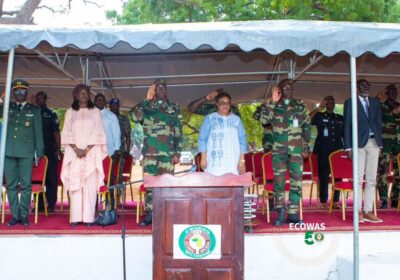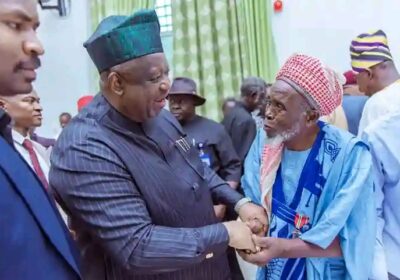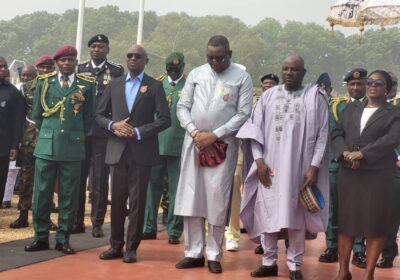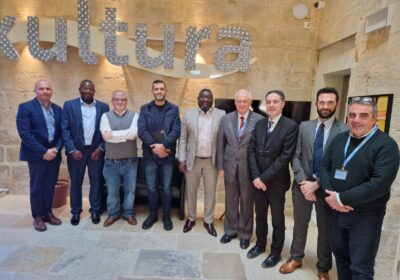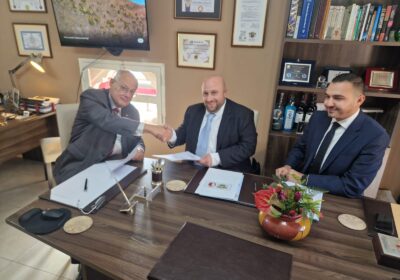Praia-Dakar-Abidjan Corridor Receives Boss as 4th Ministerial Steering Committee Approves Key Technical Studies
By Raymond Enoch.
In a pivotal move towards transforming West Africa’s transport infrastructure, the 4th Ministerial Steering Committee meeting for the Praia-Dakar-Abidjan Corridor Project concluded in Freetown, Sierra Leone, with a resounding approval of the technical studies necessary to launch the project’s next phase
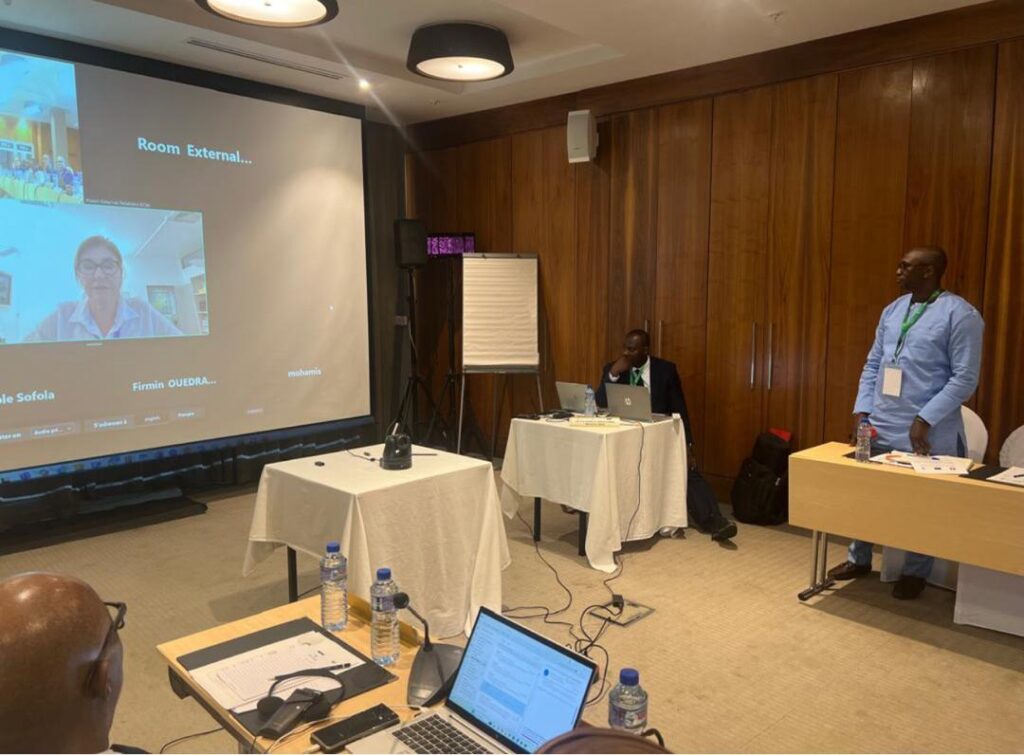
Presiding over the high-level meeting, Sierra Leone’s Minister of Works and Public Assets, Dr Denis M. Sandy, issued a call to action for “African solutions to African problems,” urging member states to commit to a moderate yet effective budget for the development of this transnational corridor. His remarks set the tone for a session that underscored regional unity and determination.
The corridor project, a flagship initiative under the Economic Community of West African States (ECOWAS), aims to link eight coastal nations—Cabo Verde, Côte d’Ivoire, Gambia, Guinea, Guinea-Bissau, Liberia, Senegal, and Sierra Leone—through an integrated road, rail, and maritime transport network.
“This meeting is of paramount importance,” said Sédiko Douka, ECOWAS Commissioner for Infrastructure, Energy and Digitalisation, citing the completion of the preliminary technical studies for both the Praia-Dakar maritime link and the optimal routing of the Dakar-Abidjan land corridor. “Now is the time to seek financing and fast-track implementation.”
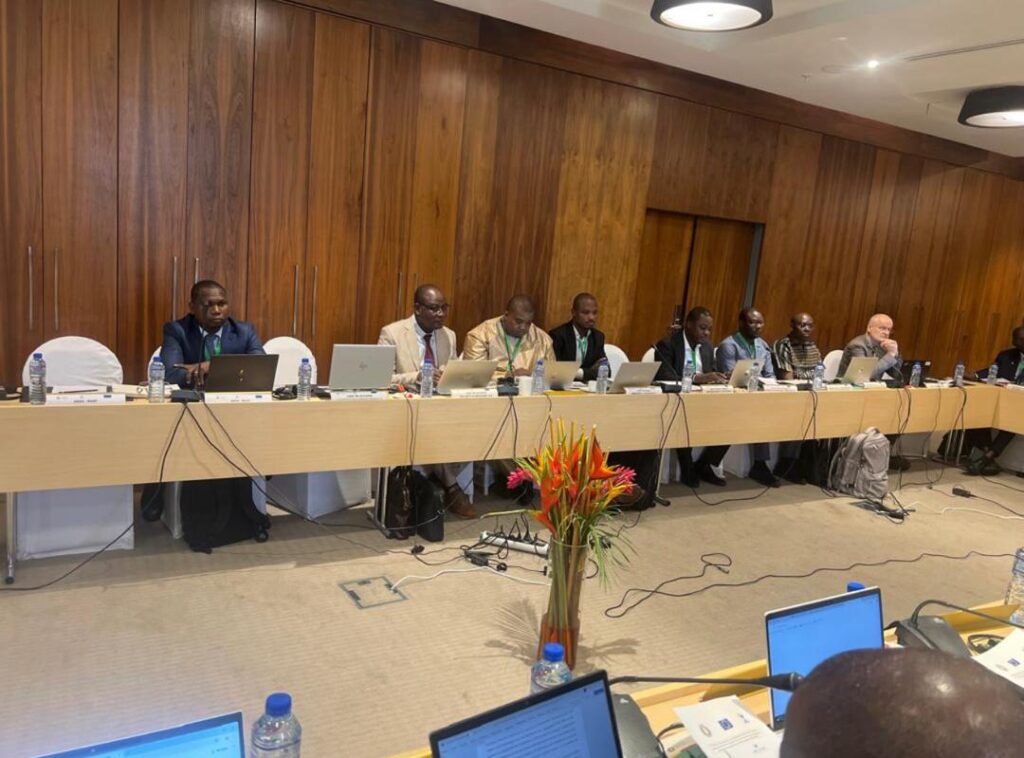
The project’s significance lies in its potential to revolutionize trade, improve regional connectivity, and foster deeper market integration across West Africa. Douka emphasized that it would create a “fully integrated and interconnected economic zone,” aligning with ECOWAS’ long-term development vision.
From the financial side, Ms Lydie Ehouman, Chief Transport Economist at the African Development Bank (AfDB), shared that the Bank had already mobilized US$1.79 million through the NEPAD Infrastructure Project Preparation Facility to conduct critical early studies. She reassured participants that the AfDB remains committed to further financial and technical support based on the findings of the completed reports.
“The AfDB stands ready to support additional preparatory studies and assist ECOWAS in implementing this strategic corridor,” Ehouman said, highlighting the Bank’s ongoing support for regional integration through infrastructure development.
The ministerial meeting also addressed the ratification status of the project treaty, examined financing strategies including potential public-private partnerships, and approved the outcomes of a preceding expert session held from 9–12 September in Freetown.
The participating ministers unanimously praised ECOWAS’ leadership and reaffirmed their commitment to the corridor’s completion. They endorsed the programme for the next phase and pledged to mobilize both national and international resources to keep the momentum going.
It would be recalled that the Praia-Dakar-Abidjan Corridor is a key component of ECOWAS’ broader strategy to ease the movement of people and goods, reduce transportation costs, and drive economic growth across the sub-region. Once completed, it will interlink several major capitals and ports, opening new frontiers for trade and integration in West Africa.
As the project gains traction with technical studies now approved, the region edges closer to realising an infrastructure dream that could redefine its economic future.



